Omegawave is an interesting training device which measures your ECG and based on the information tells you when to train and when to rest.
The idea is to optimize training and rest: you won't develop your performance if you don't train enough. But also if you train too much without rest, your results won't improve either. So you need to know when to train and when to rest. And this is what Omegawave tells you. Sounded good for me, so I bought one.
The idea is to optimize training and rest: you won't develop your performance if you don't train enough. But also if you train too much without rest, your results won't improve either. So you need to know when to train and when to rest. And this is what Omegawave tells you. Sounded good for me, so I bought one.
Omegawave arrived quite fast by mail, in a few days after my order. The product itself is in a nice looking package.
In the box there is the actual ECG sensor, a heart rate belt that goes around your chest, a battery charger and a brief quick start guide. In addition you need a iOS or Android device where you need to load an app which connects to the sensor. Registering to the app takes a couple of minutes, you need to update your height, weight etc. basic data.
Starting to use the device was quite easy. I had a brief difficulties with bluetooth pairing with my Android phone, but I got it working in a few minutes. After that the device looks quite like any heart rate monitor.
Starting to use the device was quite easy. I had a brief difficulties with bluetooth pairing with my Android phone, but I got it working in a few minutes. After that the device looks quite like any heart rate monitor.
Getting the data is quite easy: you put the belt on, lie down on a bed, turn on the app on your mobile device and click Measure-button. Then you just wait 2 minutes while the device gathers data.
The basic information Omegawave gives to you is Cardiadic Readiness on the scale of 1-10. If it is on green, you are ready to continue training. If it turns red, you need to rest.
In addition to the information about should you train or rest, Omegawave gives a lot of different measurements also. Since I have just started to use the device I really don't know how to interpret all the data. There are some instructions in the app, but they were a bit difficult to understand. But I guess this is something I need to study more.
In addition to the information about should you train or rest, Omegawave gives a lot of different measurements also. Since I have just started to use the device I really don't know how to interpret all the data. There are some instructions in the app, but they were a bit difficult to understand. But I guess this is something I need to study more.
Since I do mostly endurance sports an especially interesting measurement is Aerobic readiness. This should show me how my aerobic condition is developing and give direct feedback am I doing right kind of exercise or not. I am always wondering am I training too hard or too easy, and now finally this device should teach me the right level.
My overall first impression from Omegawave is really positive. Easy to use, seems to be working as it should. Gives a lot of interesting data which will help me for sure to train in the right way to get better results.
My overall first impression from Omegawave is really positive. Easy to use, seems to be working as it should. Gives a lot of interesting data which will help me for sure to train in the right way to get better results.
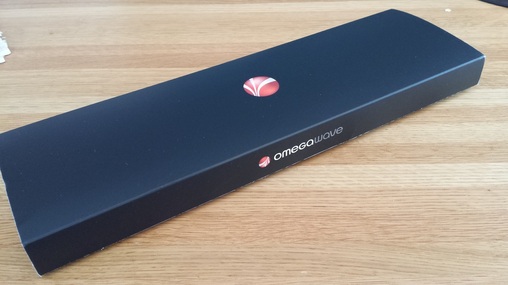
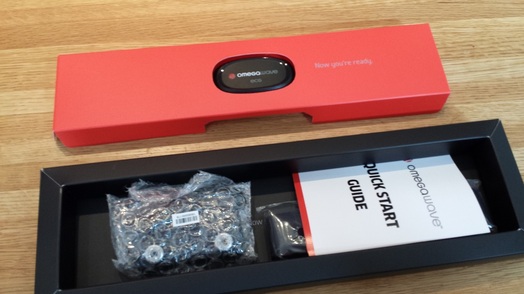
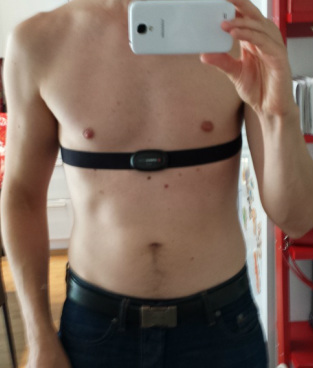
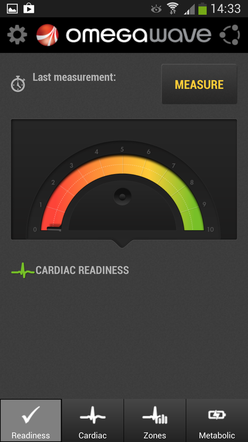
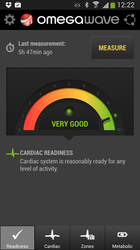
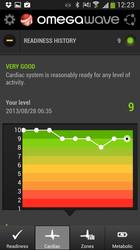
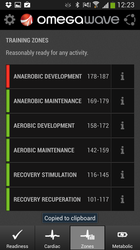
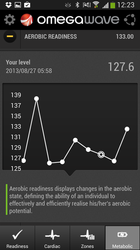
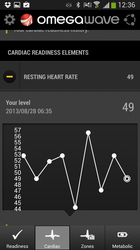
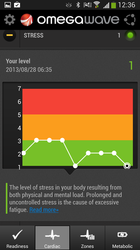
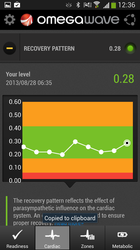
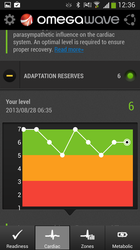
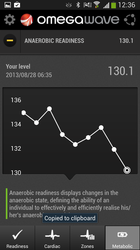
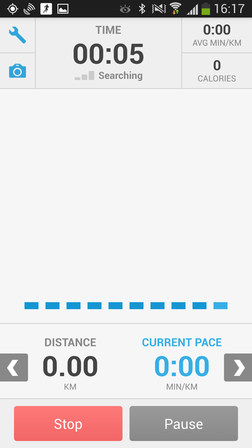
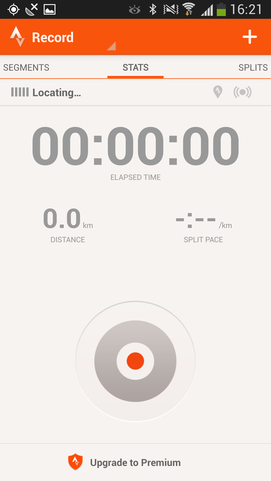
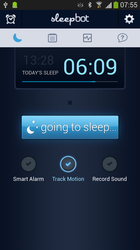
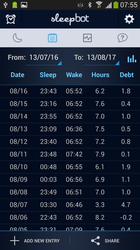
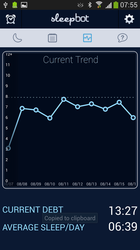
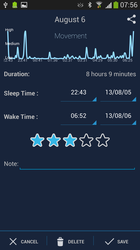
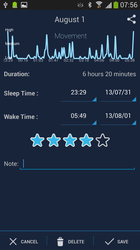


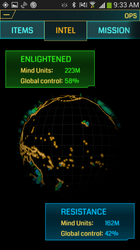
 RSS Feed
RSS Feed